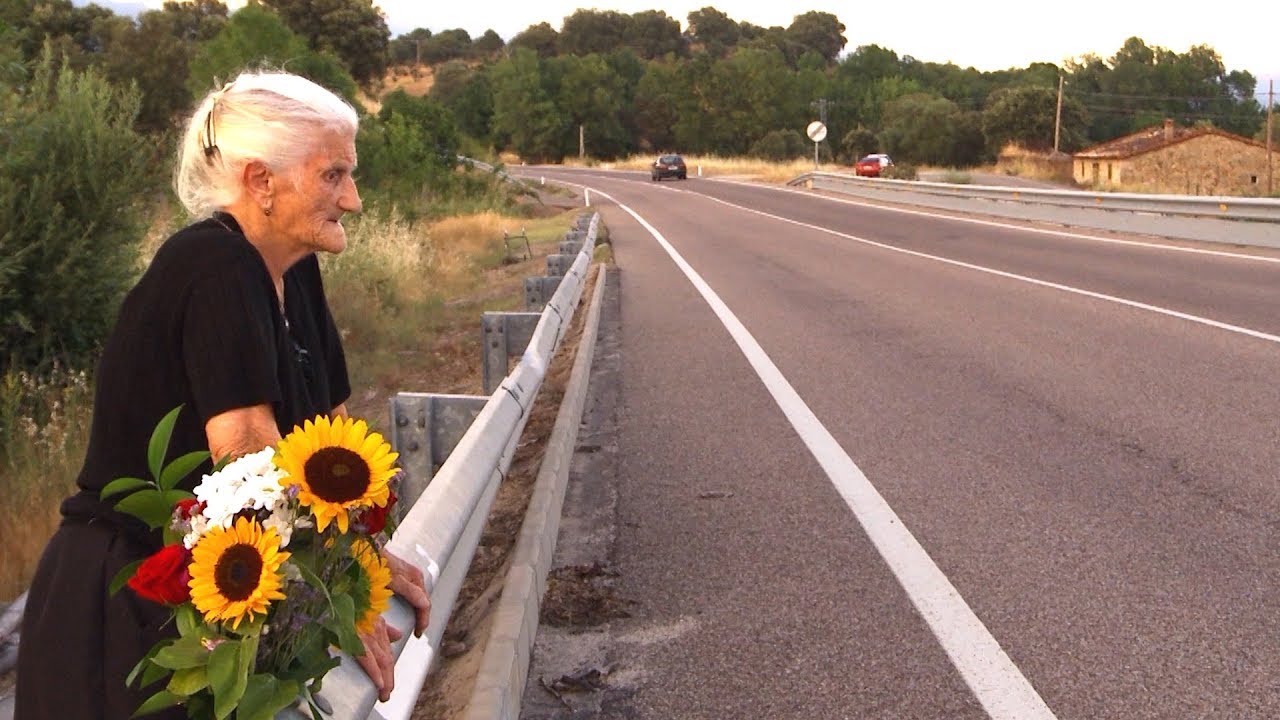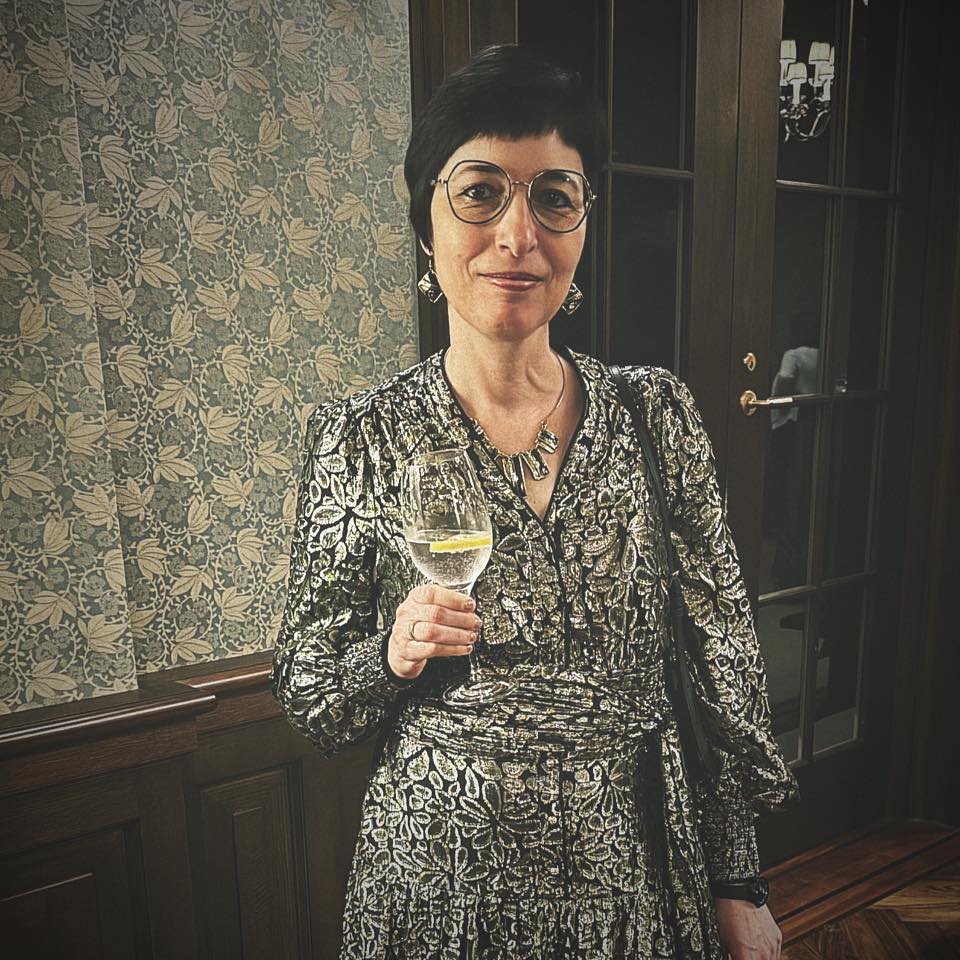Silenced history: Spain’s willing executioners
Comment Of The DayReader’s comment of the day, in response to reports from North Korea that Kim Jong-un presided over the public execution of a conductor:
… about artists fearing for their lives under totalitarian regimes. I’ll add another unexpected example: Spain under the dictatorship of Franco, a regime which only ended in 1976, when he died. Spain was the last remaining dictatorship in Europe.
The atrocities, the executions in Franco’s Spain were similar to what we know of North Korea under Kim Jong Un. And like North Korea, these atrocities have remained hidden, unspoken, for many years.
Only now are descendants of those executed and buried in unmarked mass graves demanding justice, looking for closure.
Interestingly, it is Spain’s artists themselves who bring the most eloquent attention to this matter. Picasso’s masterpiece Guernica, Pablo Casal’s self imposed exile to Puerto Rico and most recently, the work of film-maker Pedro Almodovar.
For Spanish speakers, here’s a moving 10 minute documentary by Almodovar with prominent Spanish film professionals enacting the roles of 15 victims of Franco’s executions.
The short film is described in English here.
“The Silence of Others” is another award-winning film by Almodovar about efforts to erase the historical memory of Franco’s atrocities. Trailer:
Spain’s rich cinematic tradition has also produced such films as the “13 Roses”, the true story of the 13 young women who were executed by firing squad in Madrid at Franco’s orders in 1939.
The Franco dictatorship is recent history. Thanks to Spain’s talented and passionate artists, actors, film-makers and musicians, who are reminding us so vividly of the atrocities that occured. May they remind the world forever of the dangers of totalitarianism.






The most horrible and weird place I ever visited was Franco’s tomb in a huge cavern. Eery but thankfully he was moved elsewhere.
The reason for the exhumation is that, after all these years, the Valley of the Fallen, where Franco was interred, became a pilgrimage site for Spaniards sympathetic to fascism. Franco’s remains have been buried in an undisclosed location to prevent more of the same.
It is not undisclosed at all, he was publicly moved to El Pardo Cemetery mear of where he is and where the private official residence of the King of Spain is. It is accesible to the public during official opening times. There is freedom in Spain for people to visit any burial site they want.
Note that Franco died in 1975 (not in 1976) and that throughout the Spanish Civil War there were summary executions on both sides, both the Nationalist side (winner of the war) and the Republican, which although eventually ended up losing the war, also added their long list of atrocities in the form of executions of all kinds of people (including businessmen, politicians, monks, nuns, etc.) and anyone who was suspected of thinking differently from them.
Wikipedia has an article about it (in Spanish): https://es.wikipedia.org/wiki/Represi%C3%B3n_en_la_zona_republicana_durante_la_guerra_civil_espa%C3%B1ola
On both sides there were murderers, several of the dead are still buried in unknown places.
George Orwell joined the Republican forces. He noted that the two Communist factions spent as much effort killing members of the other groups for not having correct thought as they did fighting Franco’s forces.
Pure speculation: Can you imagine the atrocities if the communists had won?
N.B. This does NOT mean I support Franco. He was terrible.
And Hitler apparently liked children and animals too.
Franco was a brutal dictator. Fact.
Franco fails short when compared to Hitler, Mussolini, and the comunist dictators.
Indeed, some people fail to remember the immense atrocities that the republican (comunist) band commited. Let’s remember that the Republican party executed 3000 persons (including priests, monks, football players, writers, professors) in Paracuellos del Jarama in one night.
The problem today is that there are still many Franco successors managing political, court, financial, military power. And that’s why on 1st Oct 2017 police hit innocent people when they were trying to vote on a referendum about Independence of Catalonia. Spain has a long road to become a normal democracy
The images you are referring to were shown to be fake (were not taken the day of the referendum, October 1):
Spanish newspaper El País (and many others):
(English) – https://english.elpais.com/elpais/2017/10/06/inenglish/1507278297_702753.html
(Spanish – with examples of the images) – https://elpais.com/elpais/2017/10/05/hechos/1507220162_048235.html
better tell the BBC they were deceived, then :https://www.bbc.com/mundo/noticias-internacional-41461181. El Pais, before this a fairly respected newspaper, took up an hysterical anti-independence stance over Catalunya from the first, for reasons best known to themselves.
A long way to go? This country’s government is passing a bill limiting the right to demonstrate. And will do everything it can to prevent Scotland to run a referendum on independence, including beating demonstrators and promoters of said referendum up in the streets if they have to. Just like the Spanish government has done with Catalunya. Does it also have a long way to go?
Notice the outrage the EU displayed after this?
Me neither…
Perhaps you missed this bit of news, but the UK is no longer part of the EU.
My mistake. I was writing about EU’s reaction to Catalonia.
Please, keep your fake information out of this place. That is simply NOT true, and Spain (8.34) ranks higher than the UK (8.34), and the USA (8.22) in The Economist Intelligence Units’s Democracy Index:
Spain (8.34)
Italy (7.73)
USA (8.22)
Belgium (8.15)
Japan (8.15)
France (8.07)
UK (8.34)
” … a regime which only ended in 1976, when he died. Spain was the last remaining dictatorship in Europe.”
Err … no. What about Albania, Bulgaria, Czechoslovakia, East Germany, Hungary, Poland, Romania and the Soviet Union?
Get the facts straight and the argument might go further.
I guess there was a time in Western Europe when you just said Europe and it was taken for granted that you meant Western Europe.
It is also true that for some people communist dictatorships are heaven on earth, etc.
I’m wondering if you have a private shrine?
For some people, Venezuela today is heaven on earth.
But not for very many.
“…Pablo Casal’s self imposed exile…”
The name is spelled Casals, not Casal.
One victim of Franco’s executions was poet Federico Garcia Lorca.
Pablo Picasso braved Nazi occupation during WWII, remaining in Paris when he could have fled to NYC or Mexico. One main reason for doing so was his reluctance to leave the voluminous artwork gathered in his studio at the time unprotected, considering these, too, his precious children.
Though he did not object to selling a piece of his work to the occasional Nazi who was willing to pay.
The 1937 painting depicts the bombing of Guernica, a city in Spain attacked by the German and Italian fascists at the direction of Francisco Franco and the Spanish nationalists. When the Gestapo officer spotted the photograph, he asked Picasso, “Did you do that?” only to receive the artist’s answer: “No, you did.”
I once lived in large house near Berkeley, California, with some housemates from Spain who were leftists. One day, I picked up the house phone and got an international call from Spain with someone who told me, “X is going to be garroted today by Franco, spread the word….”
I lived in the USA and remember the TV informing of a the electrocution of an inmate in the state penitentiary. Yes, in some countries and in some times there was death penalty for some crimes, so? By the way, of the advanced countries the only two that still keep capital punishment are the US and Japan.
I read a book last year about the origin of nursery rhymes. Most of the nursery rhymes still used today started as coded political protest or political satire about political conditions in sixteenth and seventeenth century England. Music and especially song can be a very important and powerful, while entirely peaceful, political tool.